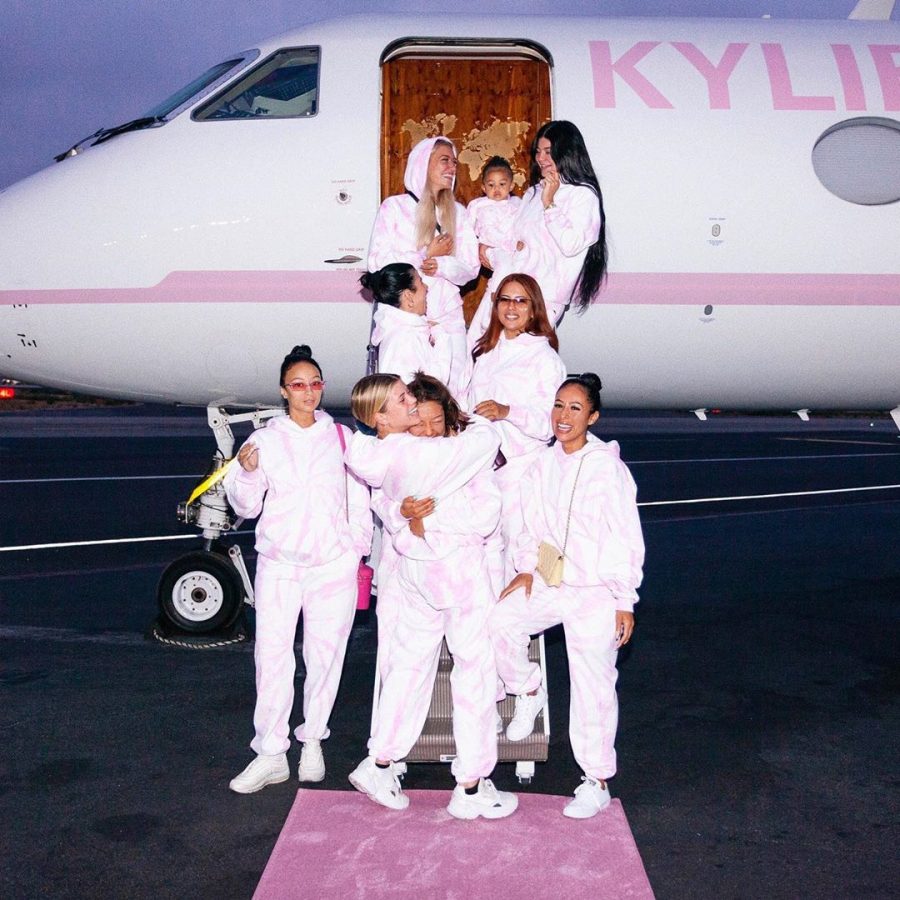Private Jet Subsidies Must Be Eliminated
The $2 trillion economic stimulus bill that was passed earlier this week includes a number of prudent and essential measures intended to help prop up the economy during the COVID-19 pandemic. But, it also inexplicably includes handouts for the very rich. The most ludicrous example of this is the billions of dollars that private jet companies could receive under the bill, largely due to the elimination of a 7.5% Federal Excise Tax on private jet trips.
This is not the first time something like this has happened. Governments around the world are exceedingly keen on giving tax breaks and subsidies to private jet users. In Europe, individuals and companies can avoid paying value-added tax (VAT) on private jets by routing purchases through the Isle of Man, located between England and Ireland. In America, the tax code is even more generous. President Donald Trump’s tax reform bill, passed in 2017, allowed individuals to write off 100% of the cost of a new or used private jet from their taxes — making them exceedingly cheap or even effectively free.
It is hard to imagine a more pointless use of taxpayer money. Private jets are, by their very nature, exclusively the domain of the extremely wealthy. The average American (or even the average upper-class American) would not be affected by the private jet industry’s demise. And this isn’t even something that we should be worried about — the private jet industry is reaping huge profits right now as fears about commercial aviation’s safety have driven the global elite to book private flights in order to avoid infection. For example, Magellan Jets, a private jet charter company, released a statement saying that trip volume was up 70% in the first two weeks of March compared to last year. Clearly, these companies are not hurting.
The lavish subsidies heaped upon these companies and their customers are made all the more indefensible when you consider the environmental impact of private aviation. A flight on a half-full private jet is an order of magnitude more polluting than a seat in economy, and roughly five times dirtier than business class. New supersonic private jets set to hit the market soon will be even worse. Private jets are projected to produce 4% of American carbon emissions by 2050, compared with 0.7% today — a patently absurd number for a service that benefits a vanishingly small slice of the population.
Any country that is even the slightest bit interested in cutting emissions should be scrapping private jet subsidies immediately. And yet even the boldest efforts to curb climate change turn a blind eye to private jets. The Paris Agreement signed in 2016 ignores aviation completely, and private jet companies are not included in CORSIA, a carbon offsetting scheme that covers most airlines.
Despite the widespread public criticism for celebrities relying on private jets — and even calls from within Hollywood itself to mitigate the practice — effective change is still yet to come. Governments around the world need to step up. Tax breaks and subsidies given to the private jet industry are inexcusable and should be scrapped. Taxpayers should not be on the hook for the travel habits of the rich. In fact, governments should be actively trying to discourage private jet use. The convenience it provides to celebrities and CEOs is nothing in the face of its outsize environmental impact. Those looking to travel in style should buy a seat in first class and leave their private jet in the hangar.
Sean Franklin, FCRH ’21, is an urbanism major from Alexandria, V.A.










































































































































































































